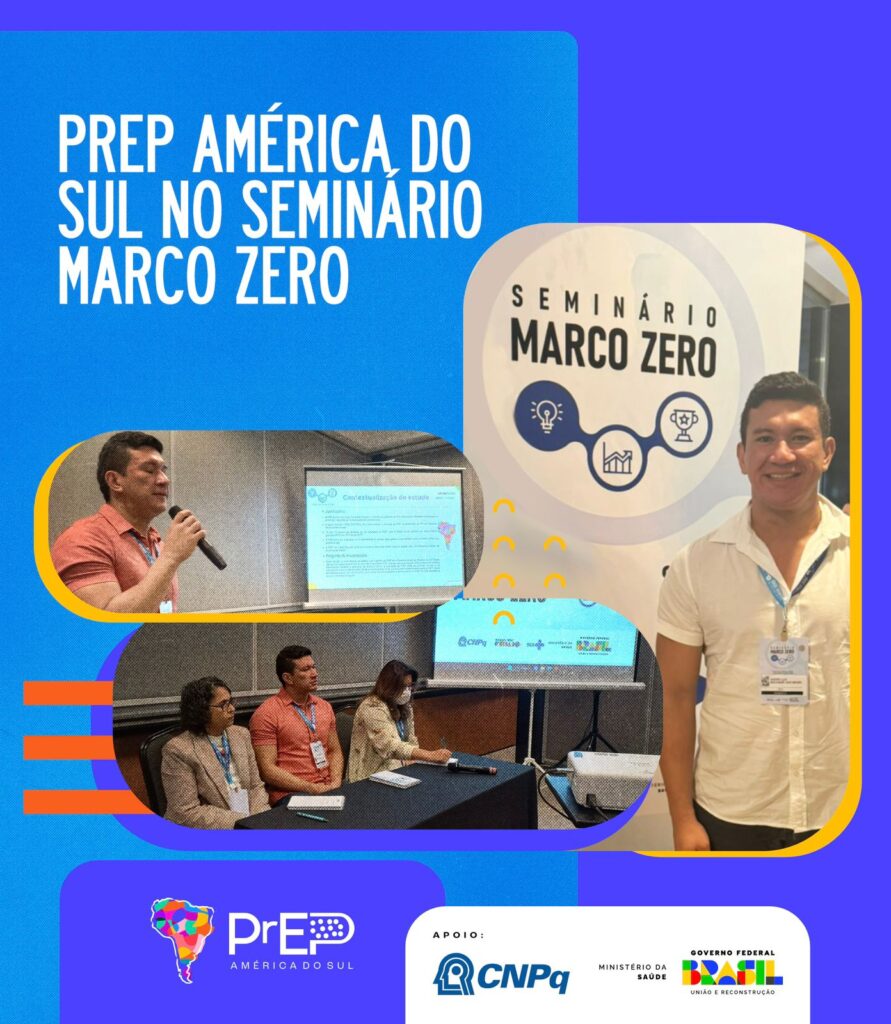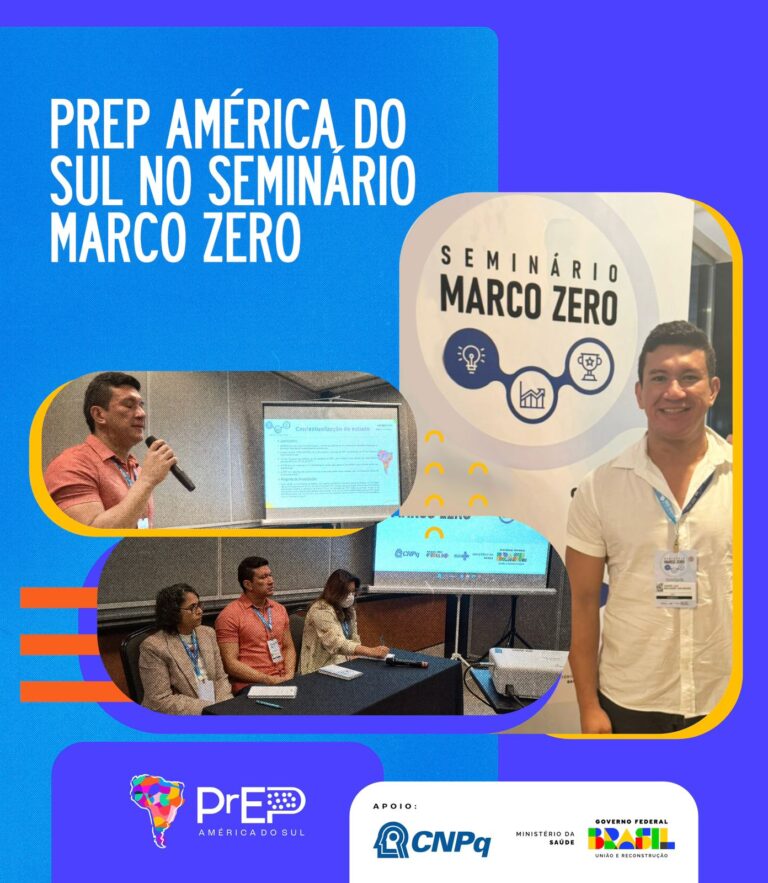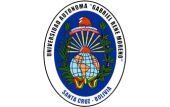
By: PrEP South America
Photo: André Machado
Professor Dr. André Machado, from the State University of Amazonas (UEA), coordinator of the research project “Pre-Exposure Prophylaxis (PrEP) for HIV Prevention in South America: An Ethnography of Access, Use, and Management Experiences,” known as PrEP South America, presented the initiative at the Marco Zero Seminar. The event was organized by the Secretariat of Science, Technology, and Innovation and the Health Economic-Industrial Complex (SECTICS) and took place in person at the International Convention Center of Brazil (CICB), in Brasília/DF, from June 10 to 14.
The seminar brought together the 201 projects selected by Public Call No. 21/2023 – Transdisciplinary Studies in Public Health. This call aimed to support research projects that significantly contribute to scientific, technological, and innovation development in Brazil, integrating transversality and intersectionality in public health. The funding is the result of a partnership between the Department of Science and Technology, the Secretariat of Science, Technology, and Innovation and the Health Economic-Industrial Complex (Decit/SECTICS/MS), and the National Council for Scientific and Technological Development (CNPq).
The Marco Zero Seminar is one of three meetings outlined in the call for monitoring and evaluating projects funded by CNPq and the Ministry of Health. During the event, coordinators presented their research projects, with an emphasis on methodology, aiming to align the research with the technical areas of the Ministry of Health related to each topic. Other objectives included clarifying the applicability of the research to the Unified Health System (SUS), detailing the rights and responsibilities of researchers in relation to the Ministry of Health, guiding the development of knowledge translation and dissemination plans, and instructing the inclusion of study information in Pesquisa Saúde. The event also featured discussion panels, including participation from the President of CNPq, Dr. Ricardo Galvão.
Professor Dr. André Machado emphasized the importance of the event: “Participating in the Seminar is an opportunity to expand collaboration networks, review trajectories, and evaluate the actions implemented so far in the projects funded by CNPq and the Ministry of Health. For the PrEP South America project, the Marco Zero Seminar offers a privileged space to reflect on the real impact of our research on the management and formulation of public health policies within the SUS. We are committed to using our data and findings to positively influence health management and policy decisions that directly affect the population. This type of event also allows us to question and refine our approaches. It is a moment for formulating ideas that strengthen the trajectory of PrEP South America, ensuring they align with the real and emerging needs of society.”
Active participation in the Marco Zero Seminar reinforces the commitment of PrEP South America to public health research and the expansion of its partner networks. This initiative by CNPq and the Ministry of Health highlights the importance of revitalizing scientific funding in an interdisciplinary manner, placing collaboration at the center of the debate. Furthermore, this scientific policy underscores the need for ongoing investments in research that address the emerging demands of society, promoting a more equitable and sustainable public health for all Brazilians and the international community.



















